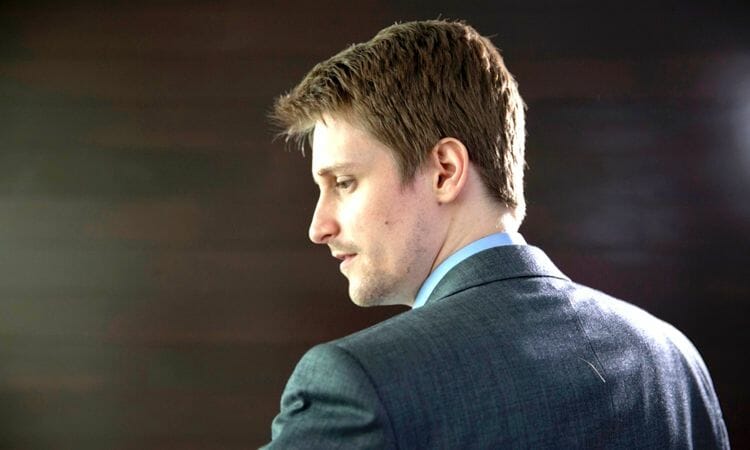By Ural Garrett · October 15, 2014

June 5, 2013 forever changed the perception of civil liberties and privacy within a post 9/11 America. Before then, most figured the Patriot Act targeted those who were closely associated to terrorist activities at worse. After reporter for The Guardian Glenn Greenwald released his groundbreaking article accusing the United States government of using telecommunications company Verizon to farm millions in user data, something just hit home. In an era where everyone is “connected,” the mere thought of every citizen’s information being monitored felt beyond invasive. There was a general consensus that tracking every credit card purchase, phone call, web search and text message among others went overboard in protecting Americans. One government entity, the National Security Agency, became the focal point in the overbearing of federal surveillance. Though the general news media had a field day with coverage of the controversy, one man became central to every leak of information. A polarizing figure in the discussion of citizen's constitutional rights; it all came at the cost of his own freedom. His name was Edward Snowden.
Probably one of the most important documentaries criticizing the U.S. government since Michael Moore’s Fahrenheit 9/11, Laura Poitras’ superbly directed Citizenfour focuses on the man who daringly challenged the NSA from within. Taking place before and after Greenwald’s article made waves around the world, part of the documentary’s impact comes not from the impact of those allegations to citizens interestingly enough. Citizenfour reveals in real-time the federal retaliation on the lives of Snowden and Greenwald.
Shot primarily from Snowden’s hotel room (or symbolic jail) at The Mire in Hong Kong, every conversation feels intimately personal. The initial meetings between the three are filled with an unfathomable tension during the days leading up to the news that shock most’s faith in national security. As Poitras describes the lengths the NSA would go to gather data, it makes sense why someone like Snowden would feel compelled to reveal everything he knew. Meanwhile, Greenwald goes between his journalist instincts and flat-out bewilderment at everything he learns.
Before shit hits the fan, former Technical Director for the NSA William Binney and creator of the network algorithm that surveillance autonomically worldwide, essentially calls out the eventual. Through Binney’s lens, he saw everything coming miles away and pretty much alluded to an eventual leaking after “retiring.” There’s one particular scene where Binney mentions Watergate and Deep Throat as the catalyst for heightened cover-ups for the digital age.
When Greenwald’s articles are released, it becomes clear the lengths federal authorities will go to suppress knowledge of illegal policies. Within days of the initial leaks, rent-checks to Snowden’s landlord at his American home mysteriously disappear leading to the eviction of his girlfriend who was still living there. Greenwald’s partner David Miranda was held for hours by the British Government Communications Headquarters. Though Poitras doesn’t show her face throughout the film’s 114 minute runtime (her voice narrates email conversations), she’s still dealing with the consequences of her Academy Award nominated documentary on the U.S.’s occupation of Iraq My Country, My Country.
For the first time since the scandal, we get an insight into the life of someone who some see as a terrorist and others, an American hero. Through Citizenfour, viewers will see someone who ultimately felt it was his responsibility to inform citizens and let them come up with their own conclusion.
https://youtube.com/watch?v=XiGwAvd5mvM%26nbsp%3B